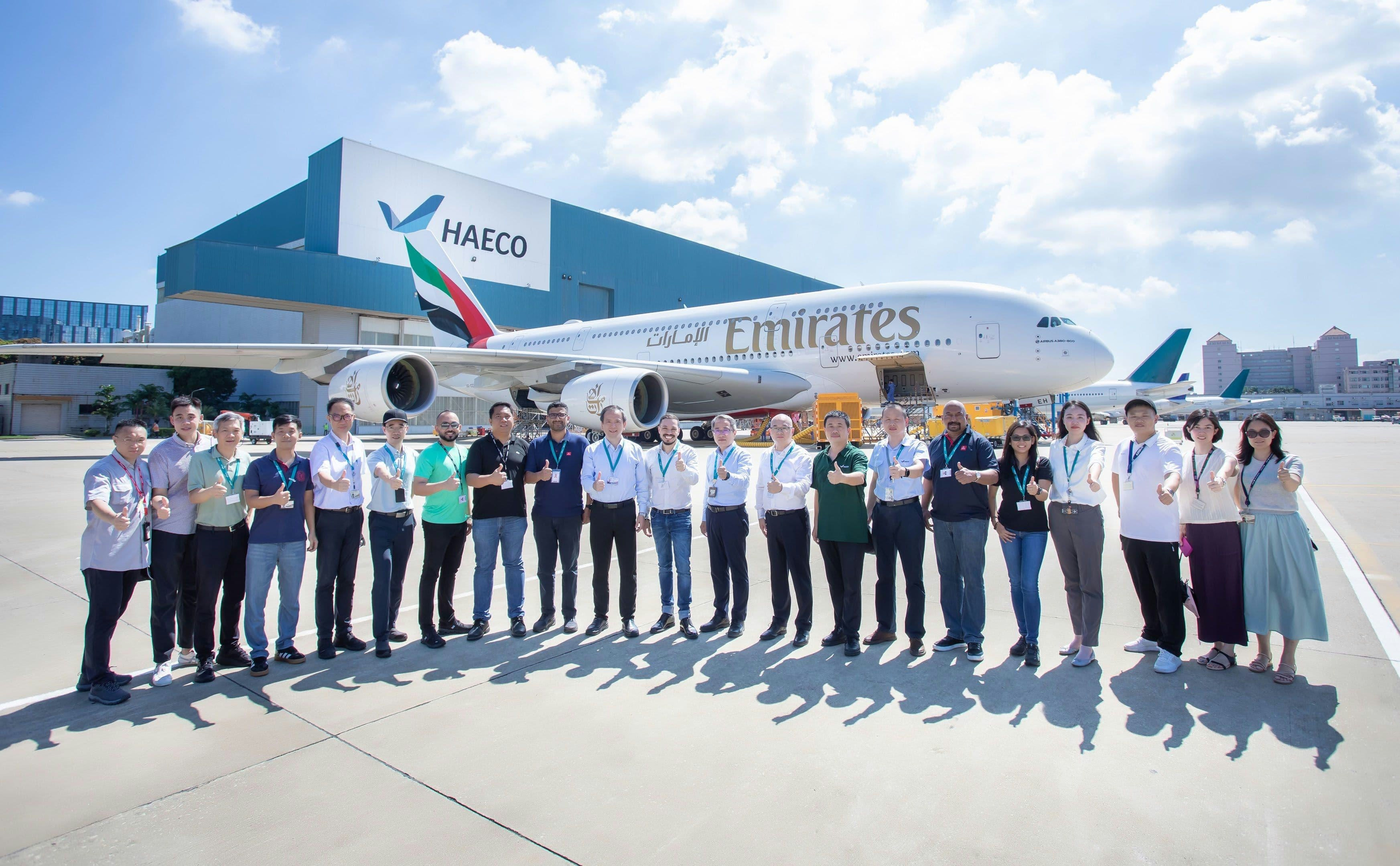
AeroGenie — あなたのインテリジェントな副操縦士。
現在のトレンド
Categories
The World’s Best Airports for Baggage Delivery in 2025
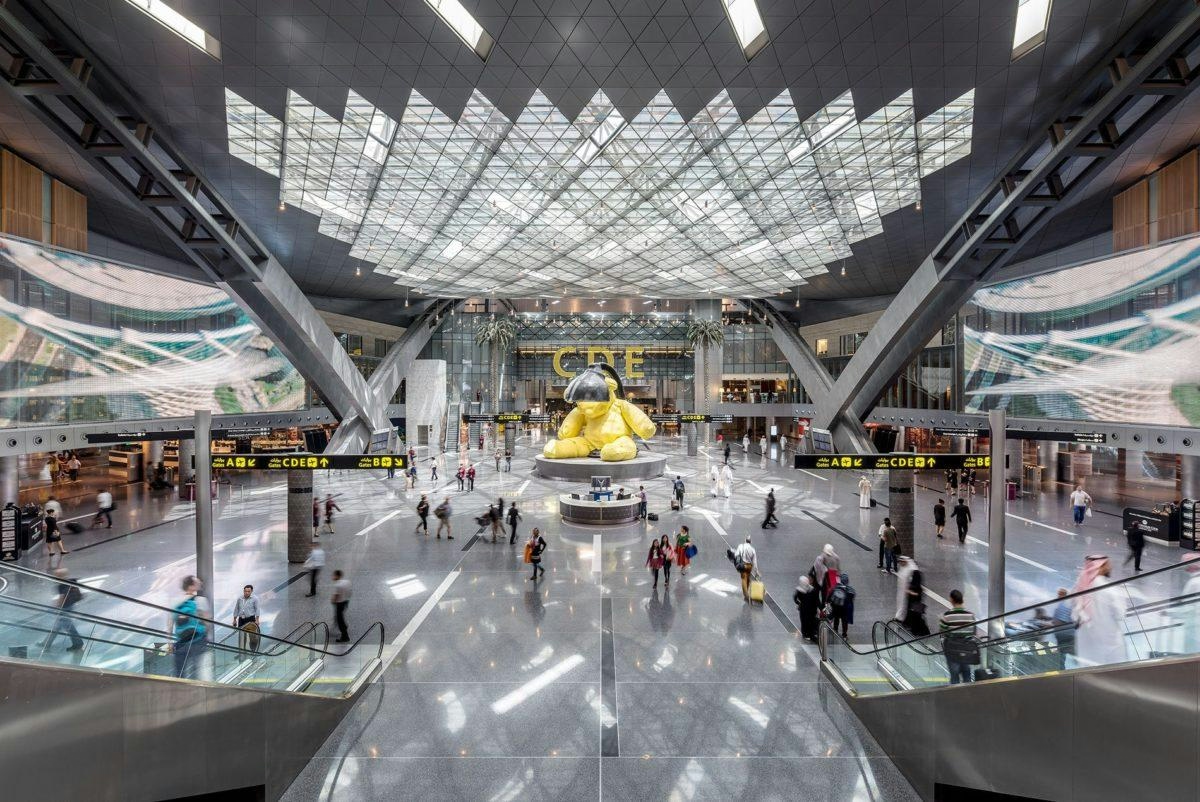
The World’s Best Airports for Baggage Delivery in 2025
Lost luggage remains a significant concern for travelers, often ranking alongside turbulence and costly airport amenities as a source of anxiety. However, a select group of airports has distinguished itself by setting new benchmarks in baggage handling, ensuring passengers are reunited with their belongings swiftly and reliably. The Skytrax 2025 rankings highlight the world’s leading airports for baggage delivery, showcasing those hubs that have excelled in this critical aspect of the passenger experience amid growing operational challenges in global aviation.
Taiwan Taoyuan International Airport: A Technological Leader
Taiwan Taoyuan International Airport has been recognized as the world’s best airport for baggage delivery in 2025. Its success stems from a comprehensive, technology-driven strategy that integrates an advanced automated baggage handling system equipped with RFID tracking. This technology allows for real-time monitoring of luggage from check-in to collection, providing passengers with proactive mobile notifications regarding the status of their bags. The airport boasts an impressive baggage reconciliation rate exceeding 99.8 percent, meaning fewer than two bags per thousand are misplaced. Multilingual baggage service teams are strategically positioned throughout the terminal, and robust backup systems ensure seamless operations even during peak travel periods or technical disruptions.
Kansai International Airport: Precision and Efficiency in Japan
Securing second place, Kansai International Airport in Osaka exemplifies Japan’s meticulous approach to baggage handling. The airport’s “zero-defect” philosophy is evident in its rigorous staff training programs and a highly automated sorting system capable of processing over 20,000 bags per hour with remarkable accuracy. The use of color-coded tags and multiple verification points significantly reduces errors, while express lanes for connecting flights help minimize transfer times. Additionally, real-time display systems in baggage claim areas provide precise updates, effectively eliminating the uncertainty that often frustrates travelers.
Singapore Changi Airport: Innovation and Passenger-Centric Services
Singapore Changi Airport completes the top three, setting a global standard with its technology-driven baggage delivery system. Changi’s Early Bag Store facilitates efficient processing and storage of bags for later flights, while advanced screening technologies maintain stringent security without compromising speed. The airport employs artificial intelligence to predict and resolve potential bottlenecks, automatically rerouting luggage as necessary. Complementary services, including baggage wrapping stations and comprehensive lost baggage support, further enhance the overall passenger experience.
Evolving Challenges and Industry Responses
While these airports lead the field, the landscape of baggage delivery is rapidly evolving. Increasing passenger volumes, particularly in regions such as North Asia, South Asia, the Southwest Pacific, and the Americas, are intensifying pressure on logistics and baggage handling systems. This surge is driving airports worldwide to invest heavily in technological upgrades and process optimizations to maintain competitiveness. Some airports, including Incheon International Airport and Brussels Airport, are forging strategic partnerships to share resources and strengthen operational support.
These advancements occur against a backdrop of broader challenges confronting the aviation sector in 2025, including labor shortages, infrastructure limitations, and fluctuating travel demand. As airports strive to enhance efficiency and reliability, the world’s best baggage delivery services are setting new standards, demonstrating that even in a turbulent industry, travelers can expect their luggage to arrive on time.
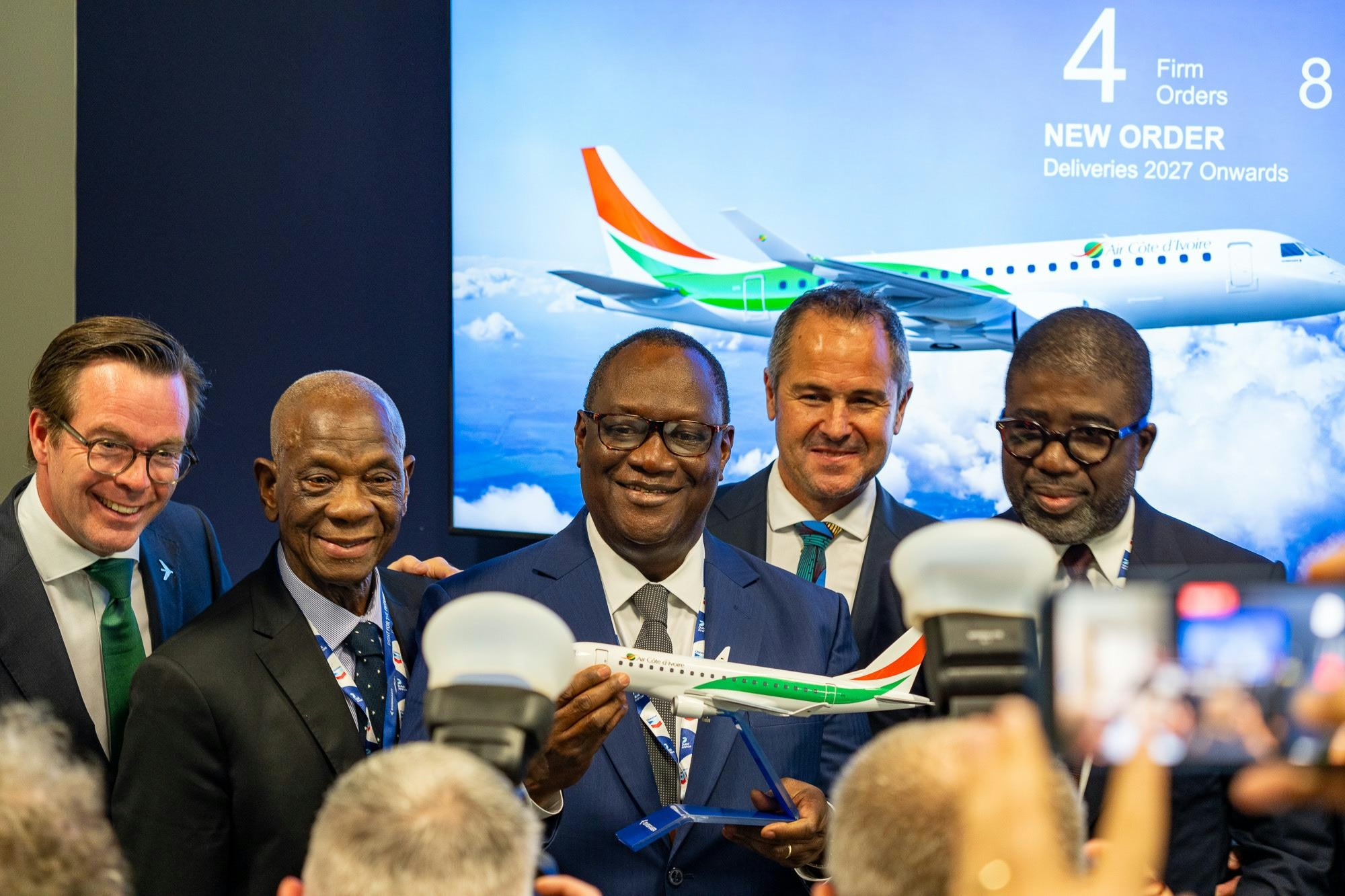
Embraer Orders Mark Growth for Air Côte d’Ivoire and Helvetic Airways
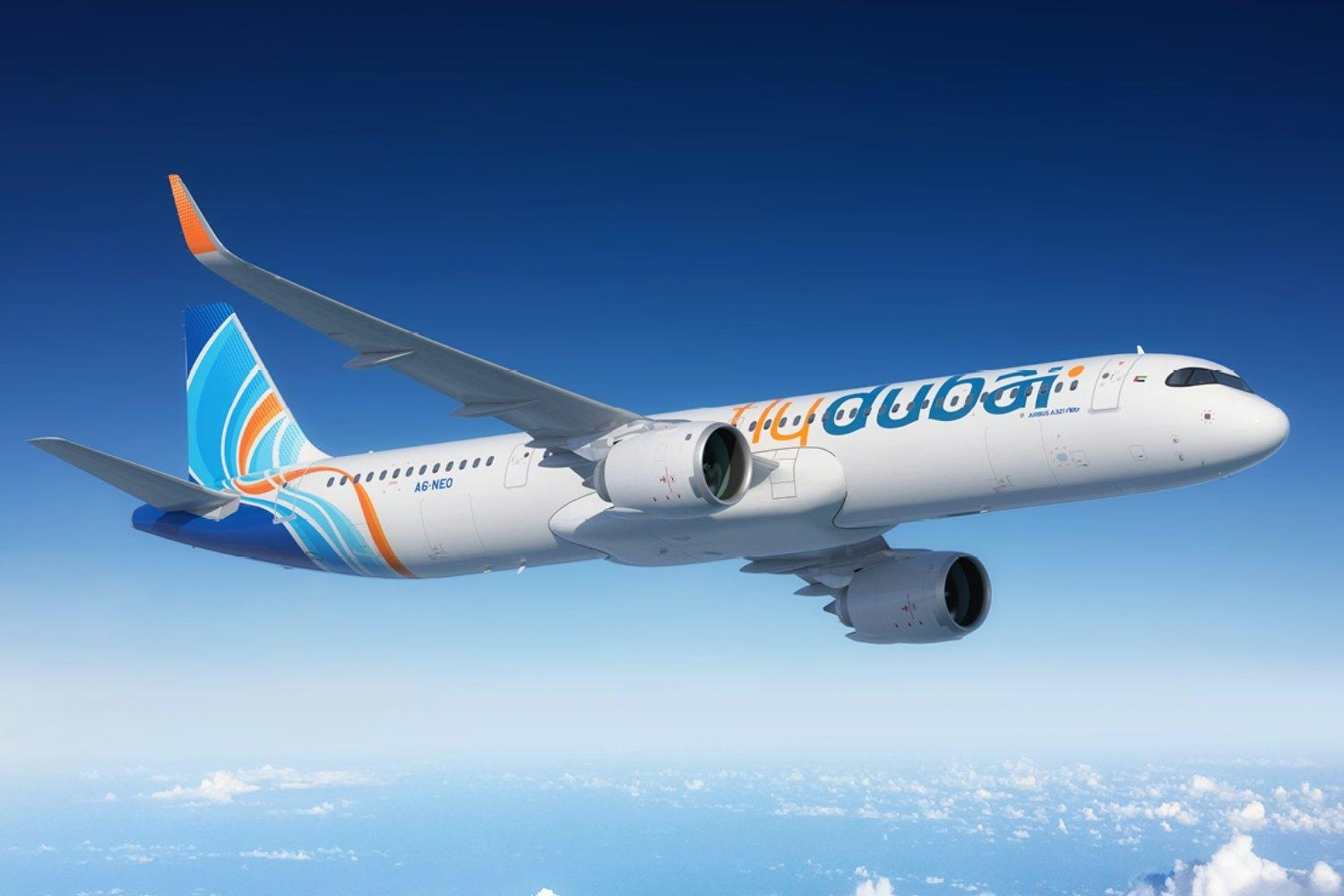
flydubai signs MoU for up to 150 Airbus A321neo aircraft, ending Boeing exclusivity
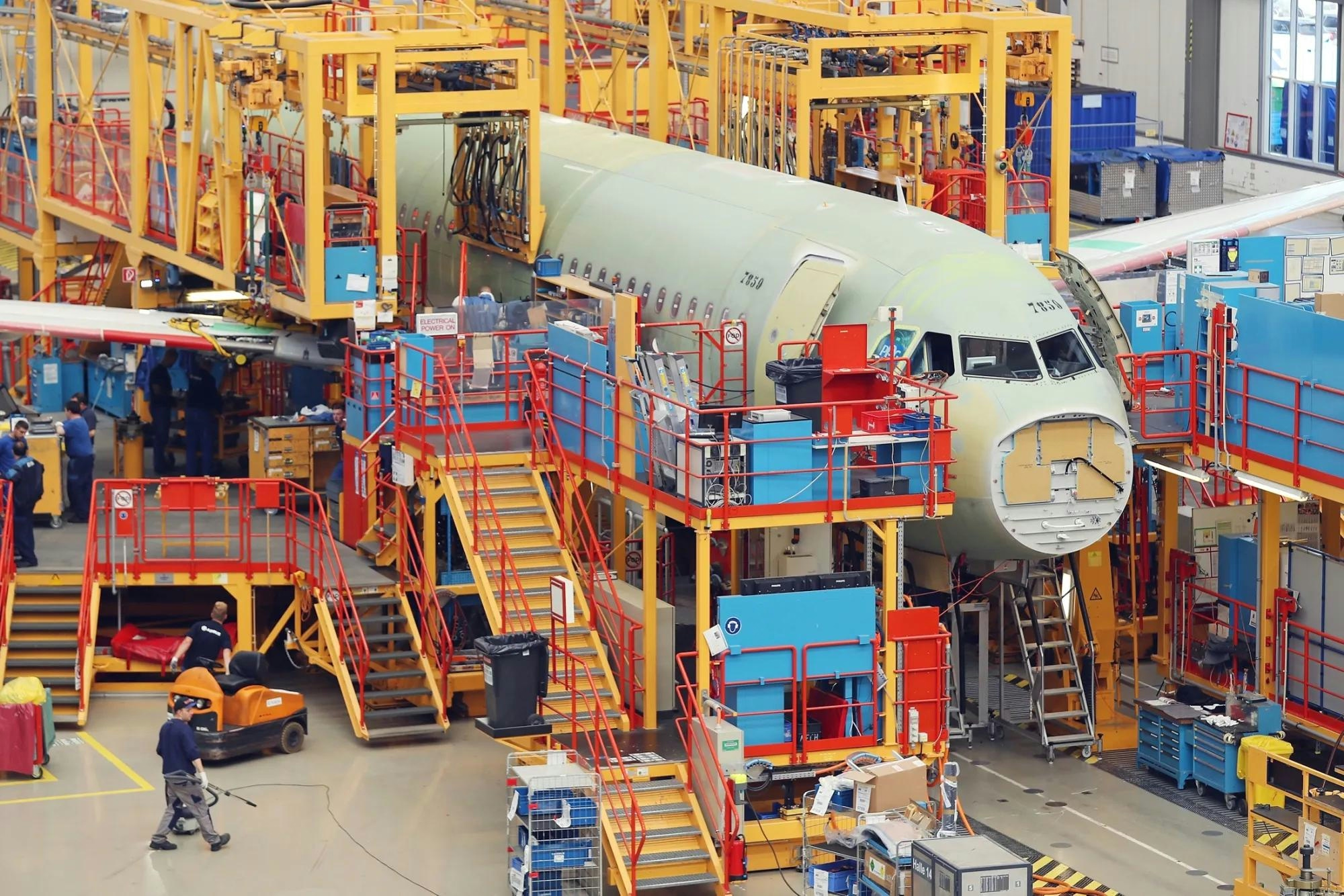
Airbus Secures New Orders from Etihad and flydubai at Dubai Airshow 2025
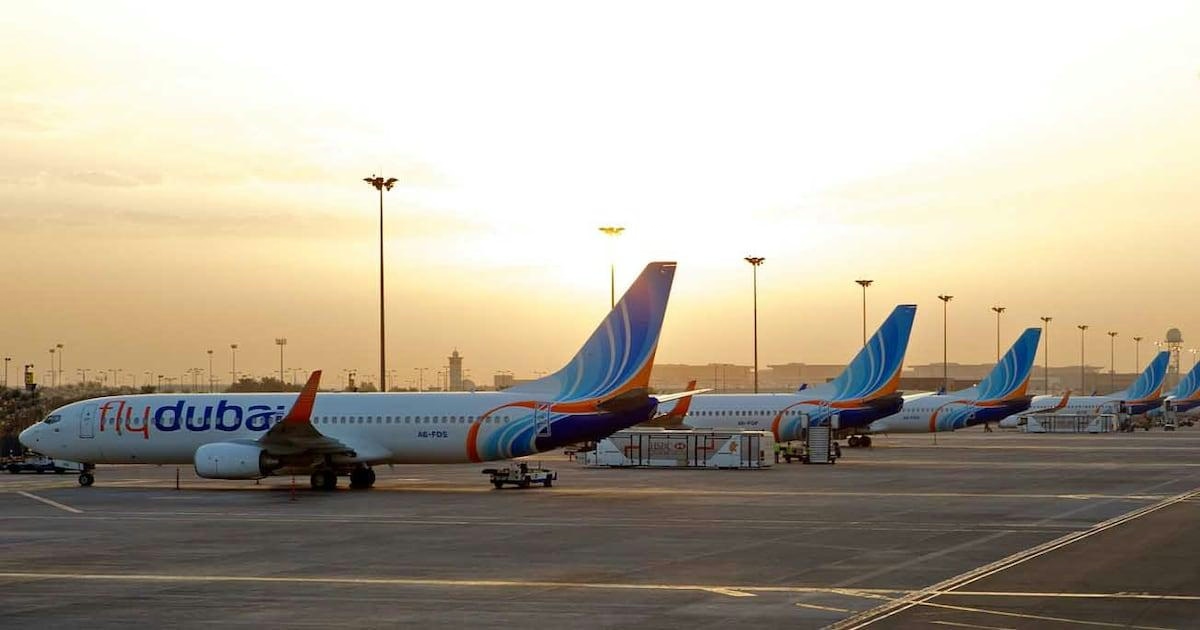
Flydubai Orders 150 Airbus A321neo Jets, Ending Boeing-Only Fleet

AMMROC and Lockheed Martin Sign Letter of Intent to Enhance MRO Cooperation and Regional Support

Emirates kicks off race between Airbus and Boeing for bigger jets
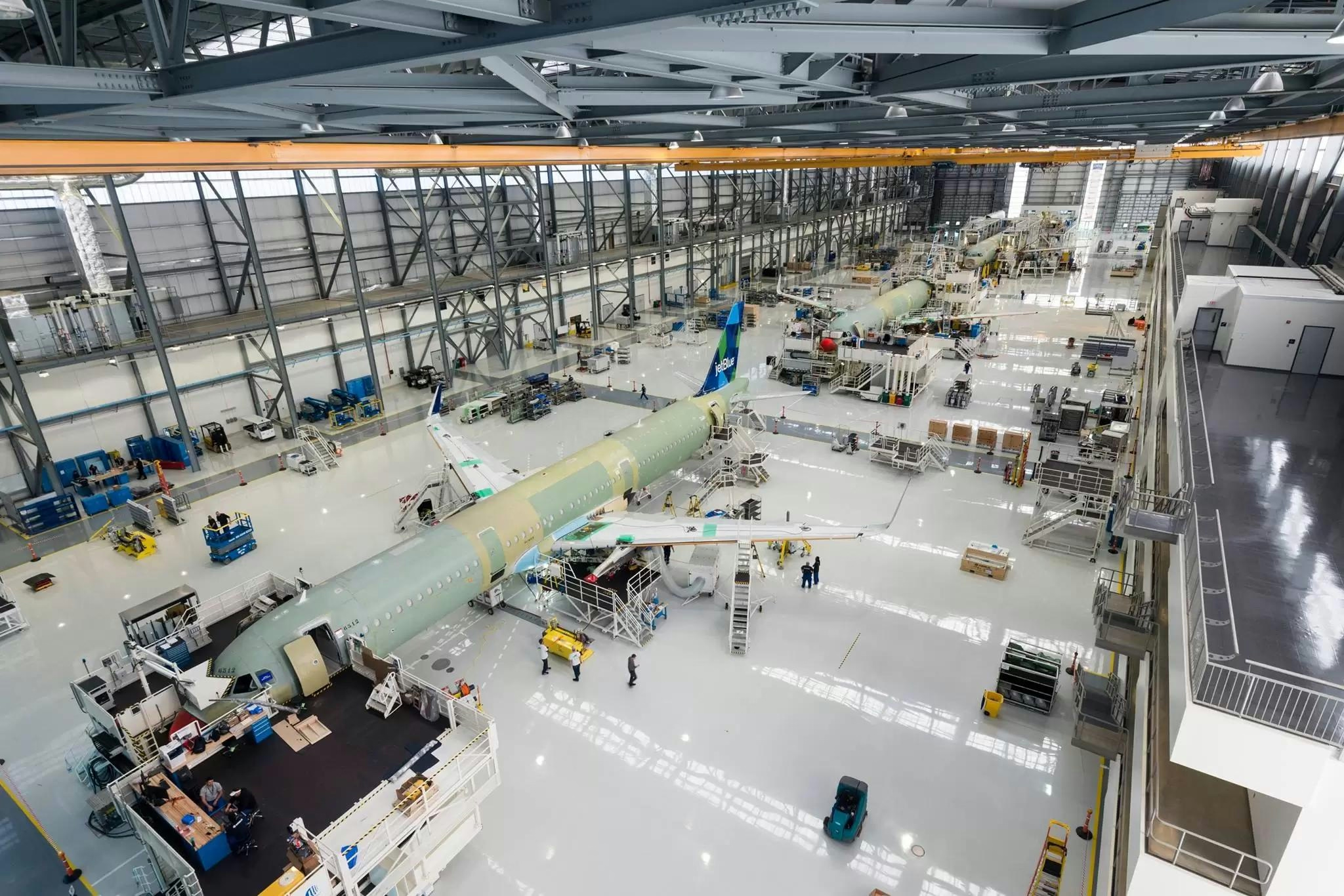
Inside Airbus’s Global Defense and Aviation Technology Hub
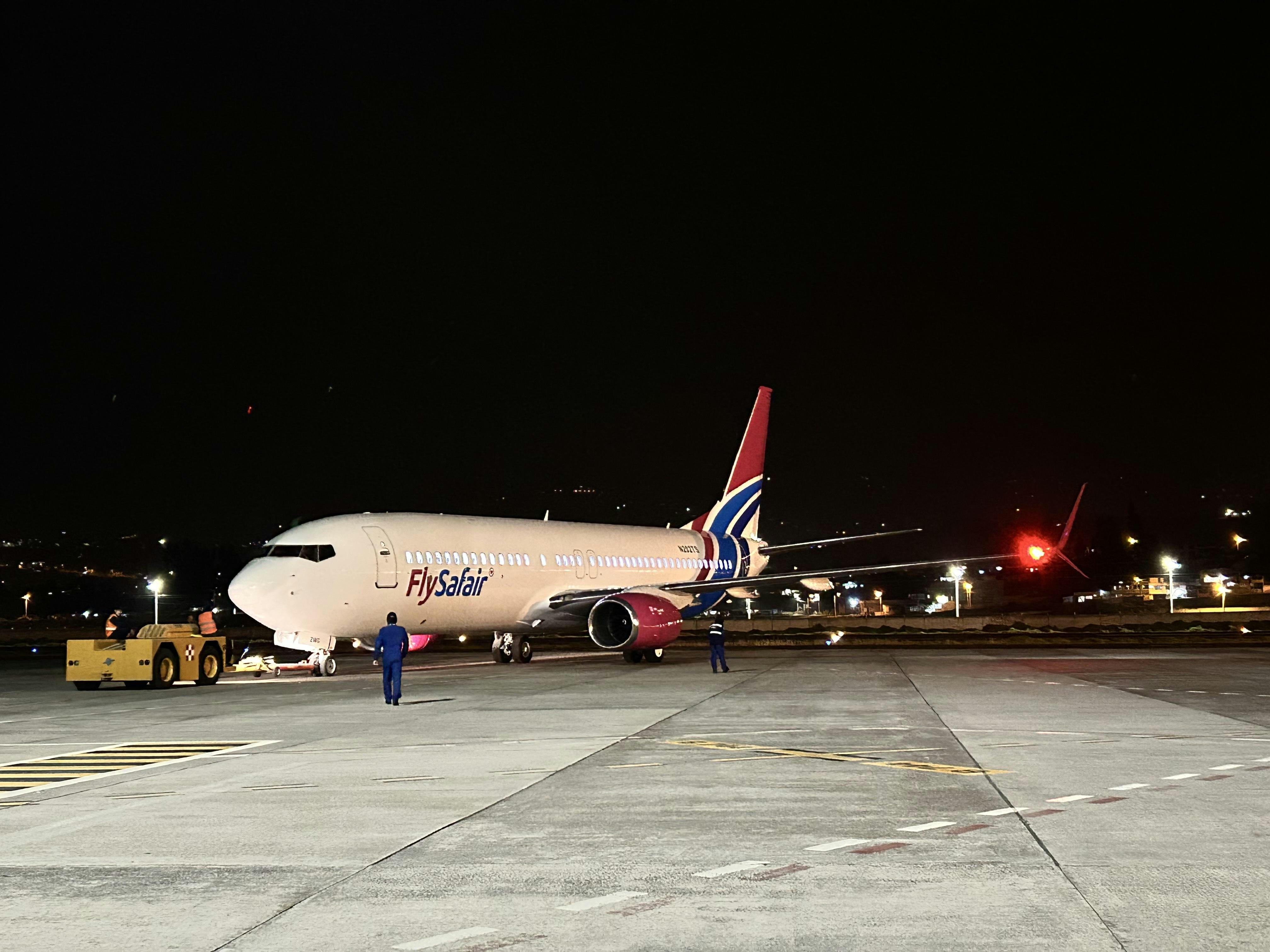
AerCap Leases Boeing 737 MAX and 737NG Aircraft to FlySafair
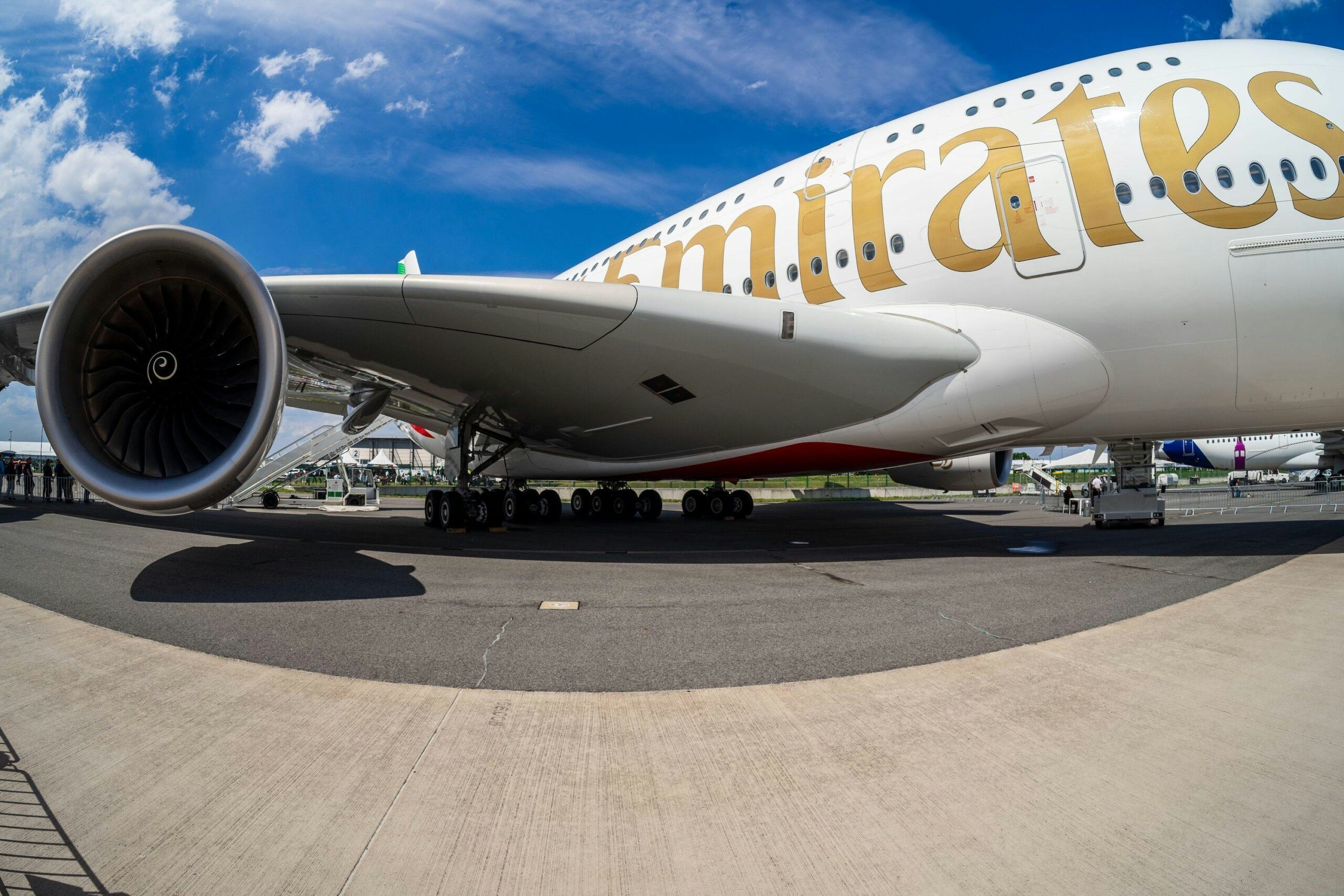
Abu Dhabi's Sanad sees opportunity in global aircraft engine crunch
